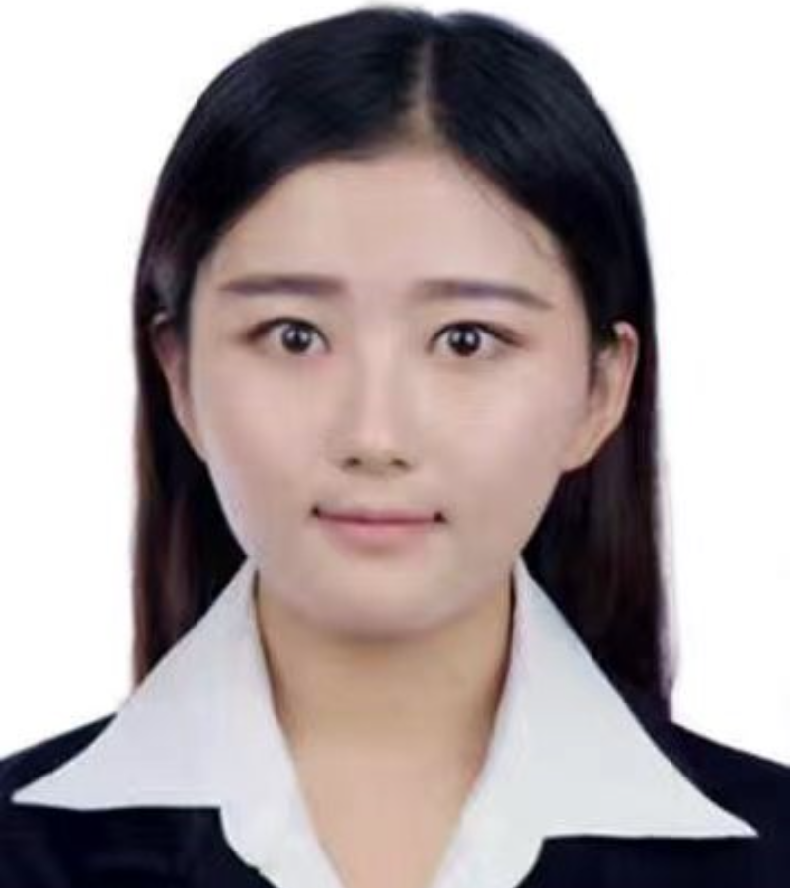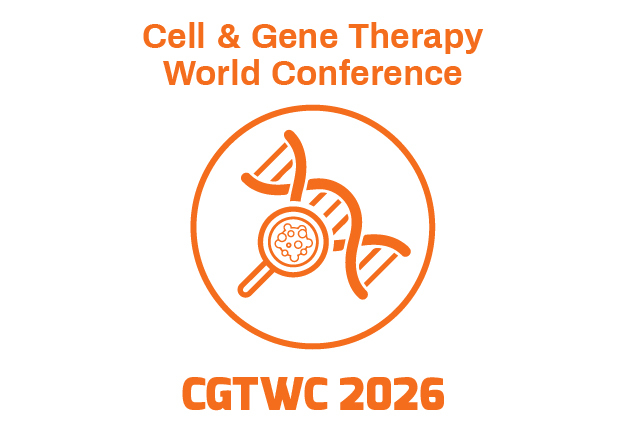Speakers - 2025

Wendan Zhang
Wendan Zhang
- Designation: Faculty of Pediatrics, the Seventh Medical Center of Chinese PLA General Hospital
- Country: China
- Title: YSD Ameliorates Diminished Ovarian Reserve by Promoting SIRT1 Mediated Mitochondrial Biosynthesis
Abstract
Infertility is a global health problem affecting millions of people of reproductive age worldwide. Current data suggest that 48 million couples and 186 million people suffer from infertility, making it the third most common disease in the world after cancer and cardiovascular disease. Decreased ovarian reserve (DOR) is the main feature of infertility. Therefore, it is very important to improve the decline of ovarian reserve in the treatment of infertility. In this study, we initially used Yisheng decoction (YSD) in the clinical setting to treat patients with refractory poor ovarian reserve. The results showed that the clinical pregnancy rate was 78.9%. Twelve-month-old mice were used as the model of low ovarian reserve. The occurrence of low ovarian reserve and the treatment effect were evaluated by detecting ovarian tissue sections, electron microscopic ultrastructural indexes, serum hormone levels, and follicle counts in the control group, model group, and low -, medium -, and high-dose gavage groups. A combination of metabolomics and lipidomics was used to identify the main pathways regulated by ESD. Subsequently, the expression of mitochondrial related indicators was detected at the gene and protein levels, and further verified at the cellular level by RT-qPCR, Western blot and fluorescent staining to clarify the potential mechanism of YSD in regulating low ovarian reserve. Based on the above experimental results, it was confirmed that YSD ameliorated ovarian reserve by regulating the SIRT1-mediated mitochondrial biosynthesis pathway. This study, driven by clinical need and premised on increased conception rates in patients with DOR, pioneered an innovative treatment model for such patients. Juxtaposed with certain sophisticated assisted reproductive technologies, TCM therapies may offer cost-reducing benefits. This approach not only provides an economically feasible treatment option for patients with DOR, but also promotes the development of integrated traditional Chinese and western medicine for DOR.

